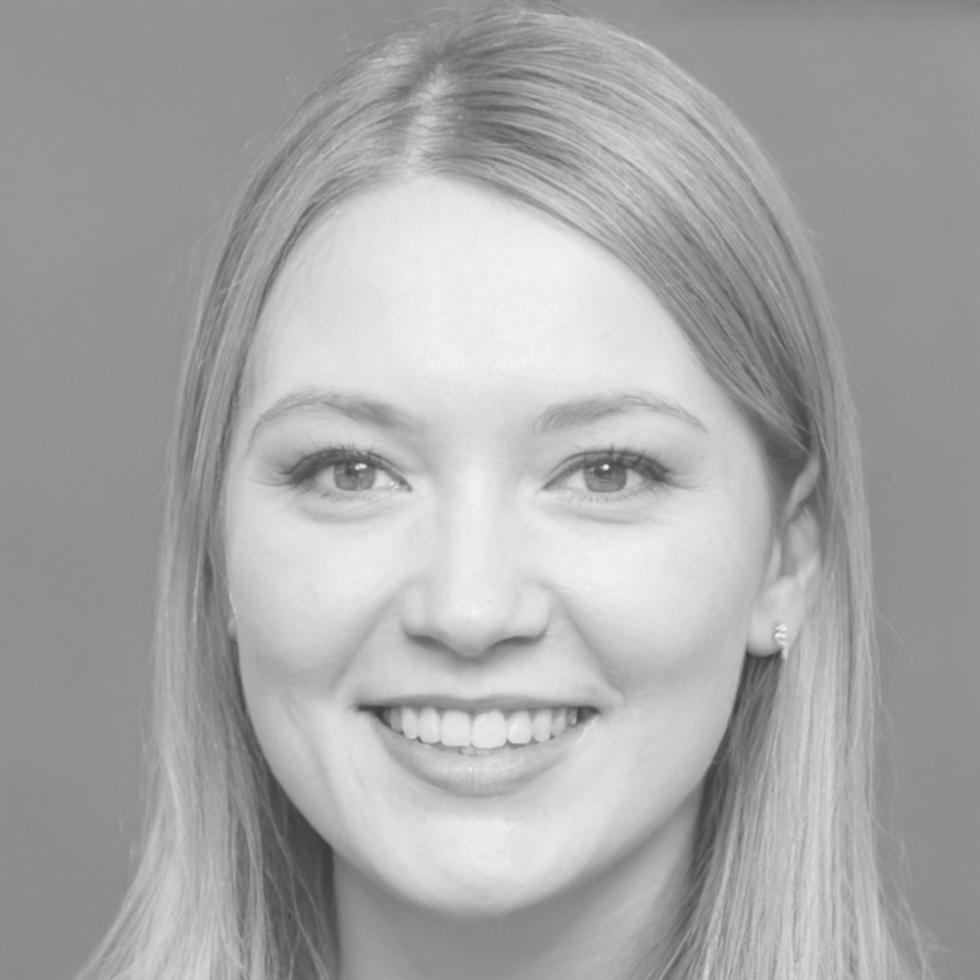Build Budget Skills That Actually Stick
Learning about money doesn't need to feel like homework. Our program helps everyday Australians get comfortable with their finances through practical sessions and real conversations. Starting September 2025.
Register Your Interest
How We Teach Budget Foundations
Most people don't fail at budgeting because they're bad with numbers. They struggle because money feels stressful and abstract. We've built this program around the way real people learn when they're juggling work, family, and everything else.
Small Group Sessions
Classes cap at twelve participants. You'll work through actual budget scenarios with others who share similar questions. People tell us they learn more from each other than from any textbook.
Your Numbers, Not Ours
Bring your real expenses and income. We'll help you organize them in ways that make sense for your situation. No generic templates that assume everyone's circumstances are identical.
Weekly Practice Between Sessions
Each week you'll track one specific aspect of your spending. Nothing overwhelming—just enough to build the habit. By week eight, it becomes almost automatic.
Eight Weeks, Three Clear Phases
The program runs for two months, meeting Tuesday evenings in Bunbury. Each phase builds on what came before, but we move at the group's pace rather than rushing through material.
Getting Organized (Weeks 1-3)
Most people arrive with receipts in their car and bank statements they've never opened. We start by creating a system you can actually maintain. You'll learn to categorize expenses in about fifteen minutes per week, not hours. By week three, you'll see patterns you didn't know existed in your spending.
Building Your Framework (Weeks 4-6)
Now you've got data about where money goes. We'll help you design a budget structure that fits your life—not some ideal version of yourself. These three weeks focus on making decisions about priorities when resources are limited. It's harder than it sounds, but the group discussions make it clearer.
Planning Ahead (Weeks 7-8)
The final fortnight covers irregular expenses and building a buffer. Car registration, Christmas, unexpected repairs—these things derail budgets when you haven't planned for them. You'll create a realistic approach to handling costs that don't arrive monthly.
What Past Participants Say
I was spending three hundred dollars monthly on subscriptions I'd forgotten about. The tracking exercises in week two helped me spot that immediately. Cancelled most of them and didn't miss a single one.
What helped most was hearing how other people handled unexpected expenses. Everyone had different approaches, and I borrowed ideas from three different participants. My emergency fund actually exists now instead of being something I meant to start.

